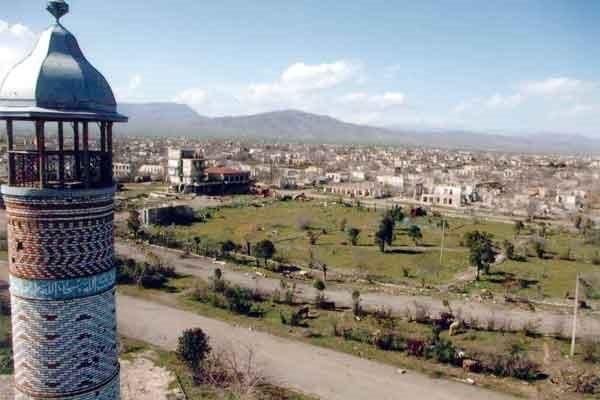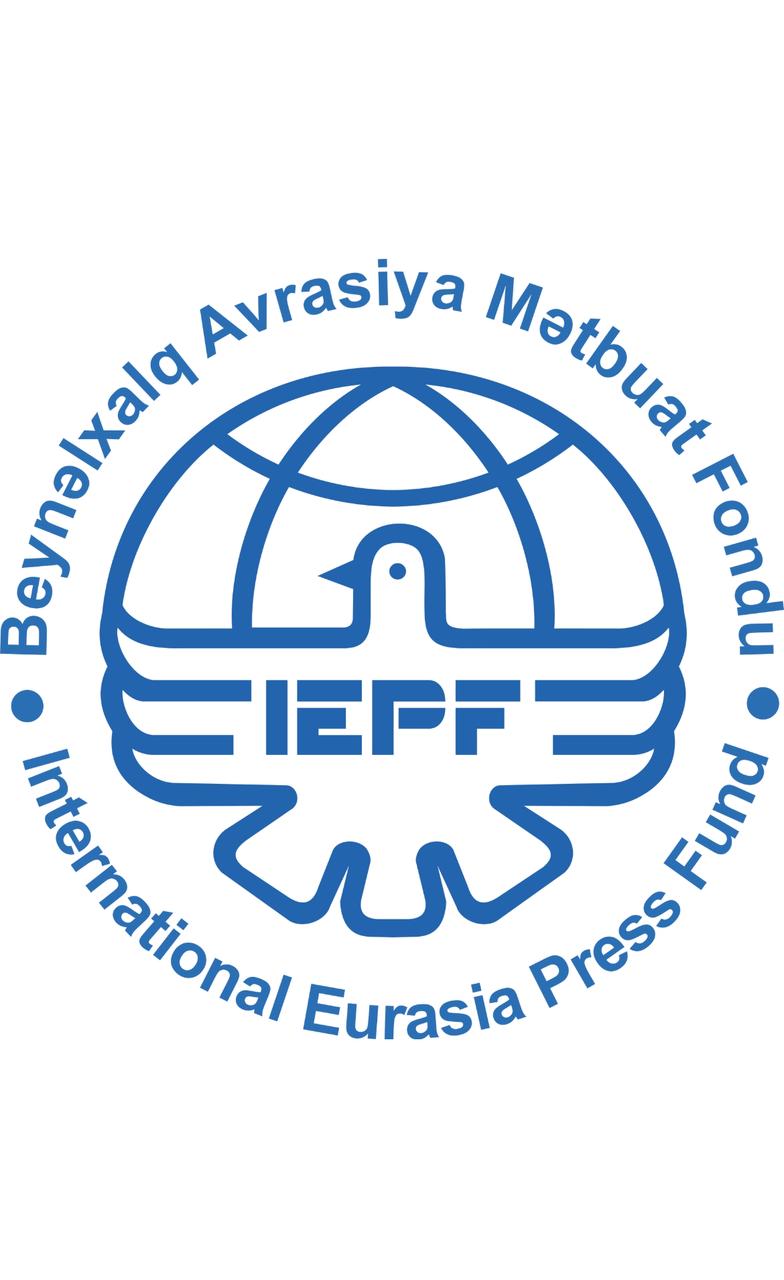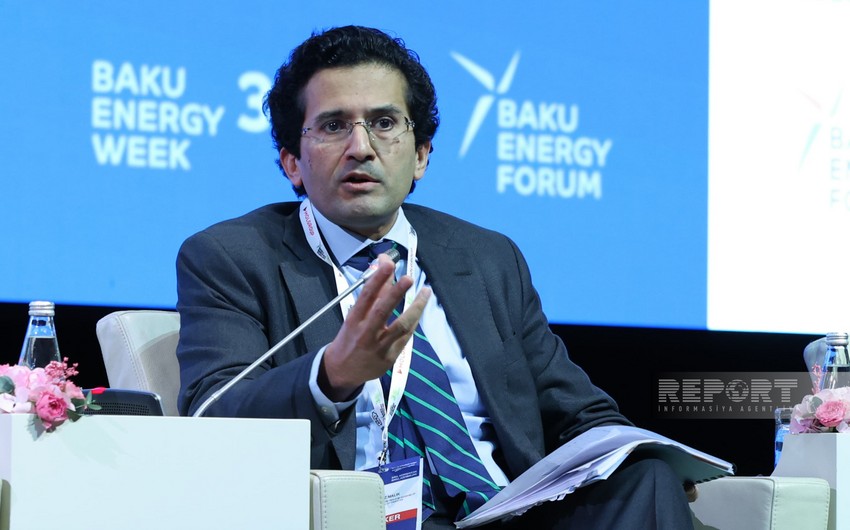When Tural Ganjaliyev was just 12 years old, he and his entire family were forcefully expelled from the only home they had ever known by invading Armenian troops.
Eurasia Diary presents this article citing to PulseNewsMexico. (You can also read here)
Ganjaliyev and his family were among the 800,000 Azerbaijanis (nearly half of whom were children) who were brutally evicted from their houses and land by Russian-backed Armenian forces in Erevan’s aggressive and illegal landgrab of Nargorno-Karabakh and seven surrounding districts in 1991.
But while Ganjaliyev and his family lost everything they owned and were forced to live the next few years in makeshift tents and temporary shelters, they were among the lucky victims of the brutal Armenian invasion of Azerbaijan. They survived.
The same cannot be said for the nearly 1,400 unarmed Karabakh civilians who are savagely raped, murdered, maimed and mutilated by the invading Armenians in what has since come to be recognized by the majority of the international community as an act of calculated ethnic cleansing of Azerbaijanis from the 16,000-square-kilometer region.
Following the violent Armenian invasion of Karabakh, the United Nations Security Council adopted four separate resolutions in 1993 condemning the slaughter and expulsion of the Azerbaijanis from their legal homeland and demanding the immediate, complete and unconditional withdrawal of its occupying forces from the region.
To this date, the Armenians have refused to budge and have continued to occupy and illegally exploit Karabakh, sacking what remnants remain of the Azeri villages, burning once-fertile fields that fed large portions of the Azerbaijani population, and strip-mining gold and other mineral resources from the land.
Today, Azerbaijan has the largest per capita refugee population in the world (more than 1 million, including 250,000 Azeris expelled from Armenia), and a full 20 percent of its national territory is still occupied by Armenian forces.
But with no-teeth U.N. resolutions rendering little if any response from Erevan, and most outside powers preferring to maintain a political status quo to stirring up regional territorial conflicts, Baku has generally maintained a non-aggression, let’s-negotiate approach to finding a peaceful resolution.
For decades, Baku has pleaded with Erevan to withdraw from Karabakh and to comply with international law, respecting Azerbaijan’s territorial integrity.
Baku has offered up incentives such as access to sorely-needed energy sources (Azerbaijan is rich in oil and natural gas; Armenia is not) and participation in infrastructure projects that would provide highway access to both the Eastern and Western worlds.
And, occasionally, Azerbaijan has included a stick in its carrot-enticement policy with Armenia, adding armed confrontation to the already-tense mix through sporadic border skirmishes that have threatened to escalate bilateral tensions. (These skirmishes have almost always been squelched through international intervention and outside promises that more would be done by the global community to resolve the occupation, naturally, with no follow-through).
But on Sunday, Feb. 9, the people of Azerbaijan voted in a new, progressive Milli Majlis (general assembly) of 125 legislators who have vowed to bring an end, once and for all, to the Armenian occupation of Nargorno-Karabakh.
.jpg)
And among the new legislators is Tural Ganjaliyev, that young boy who, nearly 30 years earlier, fled the invading Armenian troops with his family in the middle of the night, terrified and with an uncertain future.
Elected with a 56.7 percent majority as an independent running against eight other candidates (including one from the ruling New Azerbaijan Party) to represent about 17,000 members of the Nargorno-Karabakh community, Ganjaliyev is well aware of the fact that regaining the occupied territories of the Karabakh region will be his most important mandate.
“The people of the Karabakh region, the refugees, are tired of waiting for the return to their homeland,” Ganjaliyev told Pulse News Mexico, after his win at the polls was tentatively announced.
“Many have lost patience and many believe that they will never see their family homes again.”
So what is Ganjaliyev’s plan to get the Armenians to withdraw from Karabakh?
“Of course, negotiations are always going to be our first approach,” he said.
“We are open to any talks with Armenia, and we want the ethnic Armenian people who are living in the Karabakh region to understand that we have no intentions of expelling them. We want to live peacefully with them, as we had for centuries before the occupation.”
But if push comes to shove, Ganjaliyev said that the idea of taking military action to force the Armenians off the occupied Azerbaijani territories was an option.
“We will do what we have to do to get our land back,” he said.
“It make take some more time, but we have to resolve this issue.”
Still, recent history has shown that without a compelling incentive, Armenia is unlikely to withdraw from Garabagh.
.jpg)
“Azerbaijan is a small country, just 10 million inhabitants,” added Umud Mirzayev, Chairman of International Eurasia Press Fund, a nonprofit organisation that defends the rights of displaced Azerbaijani citizens. (Mirzayev is also a survivor of the 1991 Armenian invasion of Nargorno-Karabakh.)
“We cannot do this by ourselves. We simply need international support,” Mirzayev said. “Unless the United States, Russia and Europe get involved, the situation will not change.”
“We are not unaware of our geographic reality,” said Ganjaliyev.
“Azerbaijan (which is geographically situated between Russia, Iran, Armenia and Georgia) knows that outside entities have a significant interest in what happens in the region, and we cannot easily take unilateral action.”
Notwithstanding, there have been recent hints of a thawing of hostilities between Azerbaijan and Armenia, and the time might just be ripe to jumpstart bilateral talks once again.
Should Armenia agree to temporarily halt new settlement constructions in return for Azerbaijan refraining from further legal action and/or fresh sanctions against Erevan, a fragile framework for progress could be established.
And, as already mentioned, Armenia, with a piddly GDP of just over $12 billion a year, is heavily dependent on Russia for its economic survival.
A rapprochement with Azerbaijan would mean access to energy resources and an opportunity for greater economic (and presumably, political) independence for Erevan.
There is also the option of international peacekeeping or monitoring (Russia has offered to be the Great Mediator), but, so far, neither side has been particularly enthused by the prospect of the deployment of outside forces in the region.
Baku has especially rejected the plan, fearing — most likely, rightly so — that a foreign peacekeeping mission would only serve to prolong the status quo, i.e., the occupation of its national territory.
Finally, there is the demand by the current Nargorno-Karabakh’s residents for independence.
Baku sees (again, almost certainly, rightly so) the demand as a farce, intended to legitimize the Armenian occupation of its land through the establishment of a puppet state.
All the same, Azerbaijan has said that it will consider granting the region partial autonomy within its national territory.
At the core of the conflict are the flames of deep wounds and mutual mistrust, fanned by victim-card allegations paraded and glorified on both sides.
Unless the Azerbaijani and Armenian people can move on and learn to forget, or at least, forgive, one another, there is very little hope for a quick resolution to the stalemate.
But that has not kept Ganjaliyev and his fellow Karabakh refugees from trying.
“The victims of the Armenian occupation want a resolution and the return of their lands,” he said.
“The Azerbaijani people are patient and peace-loving, but we cannot wait forever.”
Therese Margolis
Journalist from Mexico










